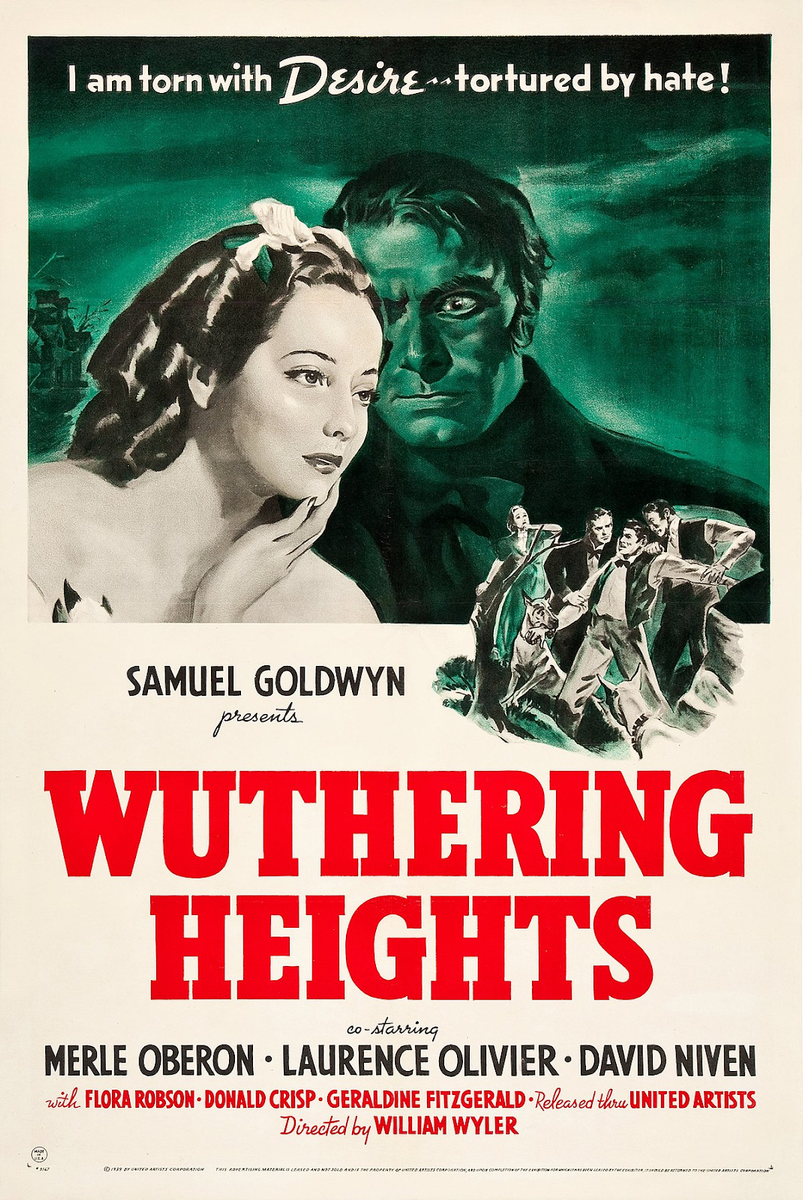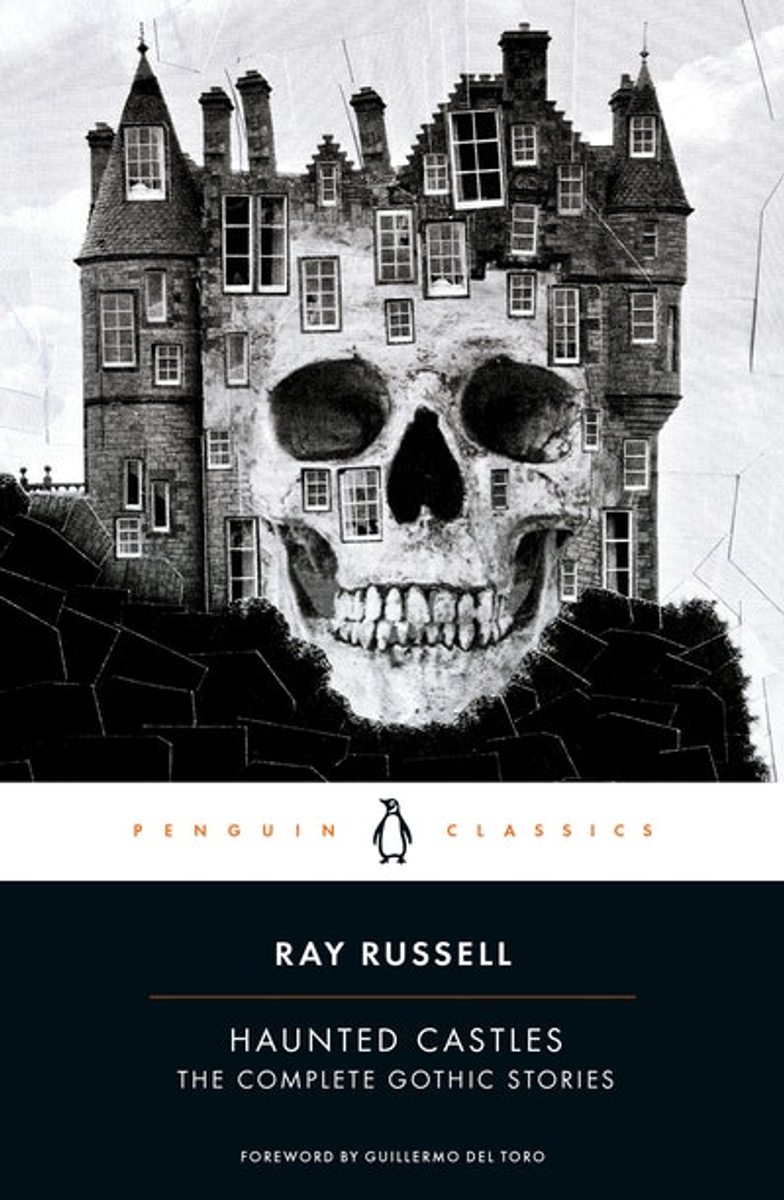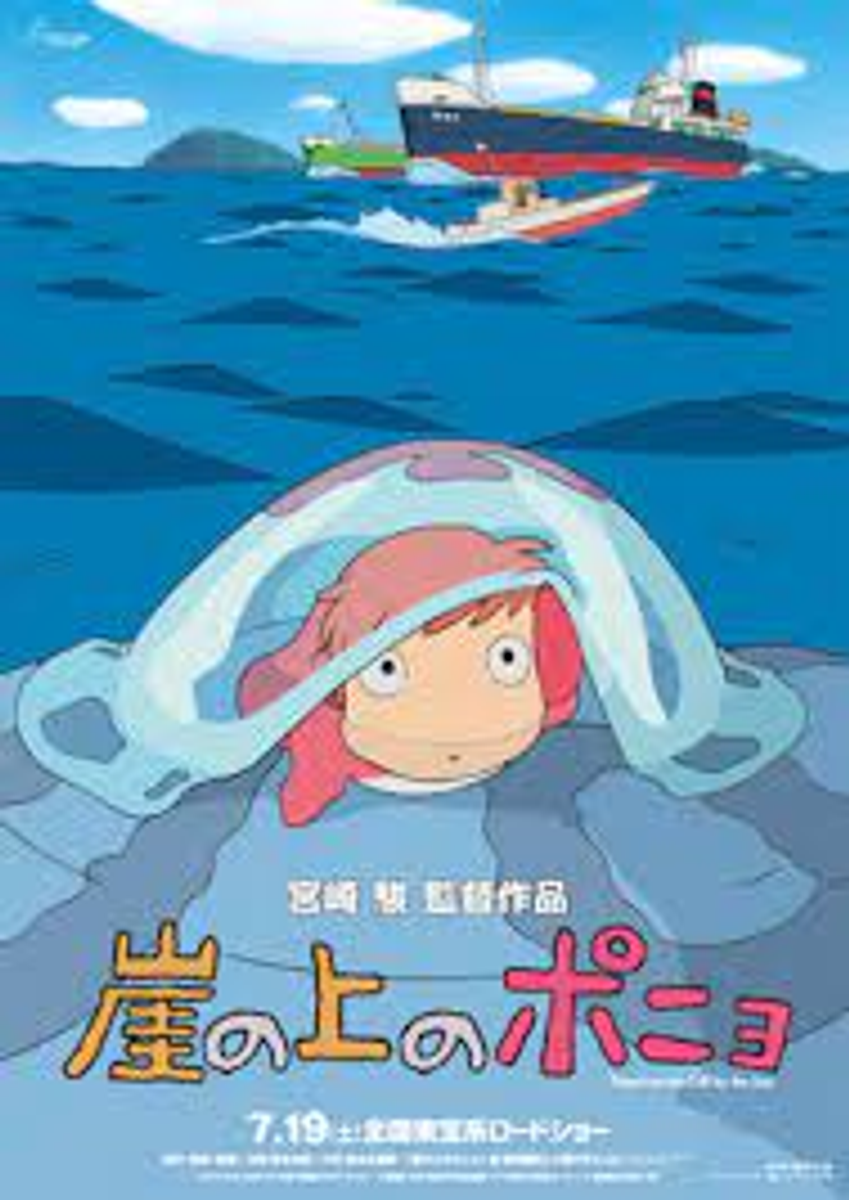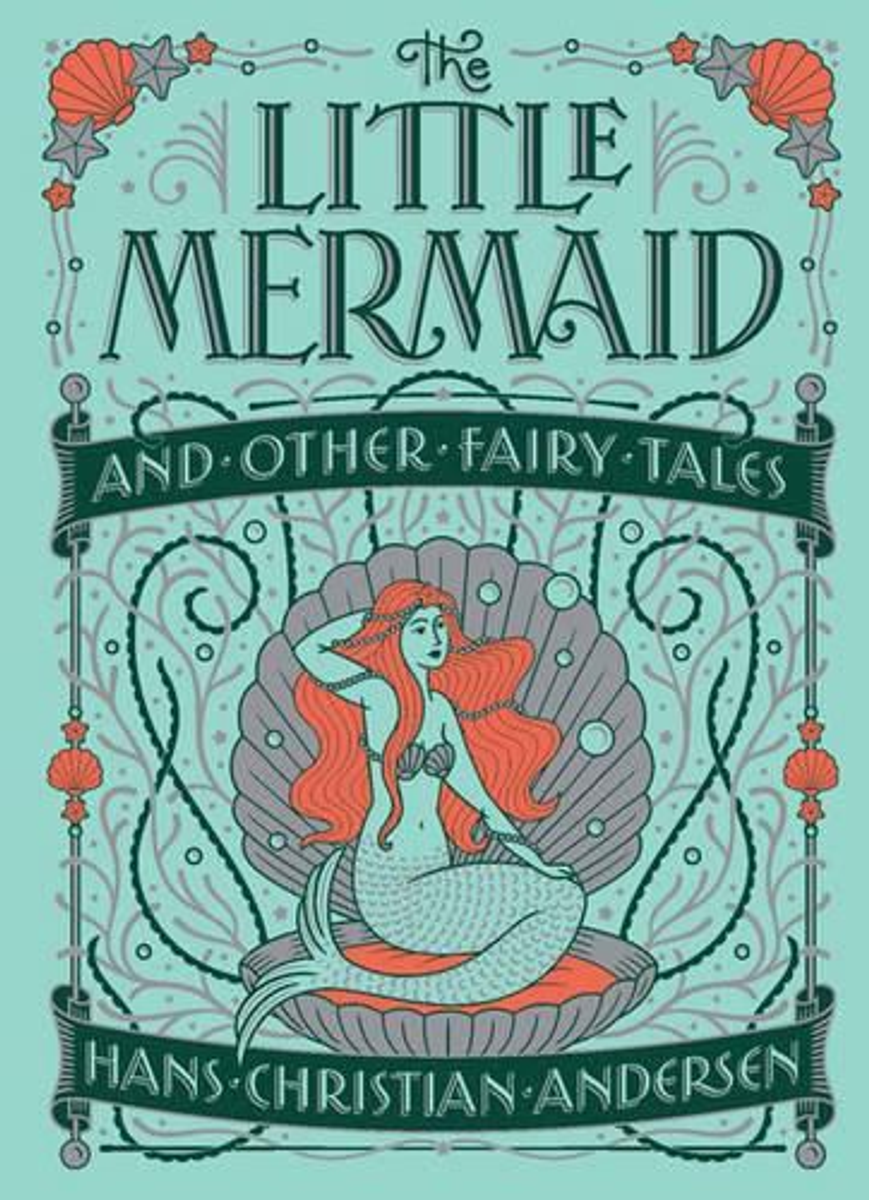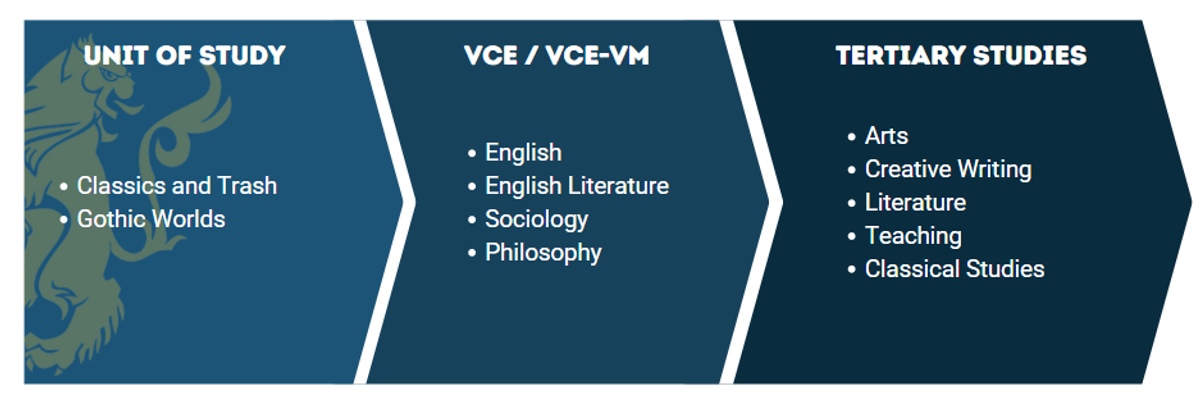(2B) English -Classics and Trash & Gothic Worlds

Unit of Study: Classics and Trash
Brief Description: This unit charts the development of texts over time to examine how and why some reach canonical status and are considered 'classics', while others are labelled 'trash' or 'cult'. Examination of texts such as Wuthering Heights and Pride and Prejudice may be examined against analysis and challenges to the Western canon. These books will be examined alongside anime, TV and popular versions of classic texts such as The Lizzie Bennet Diaries. Concepts of high, low and pop culture will also be studied with examples from dance and music in movies.
In Term 3, students will read a text from the Western Literature canon and study the themes, ideas and issues. They will then view a piece of ‘trash’ and discuss what distinguishes one from the other.
Unit of Study: Gothic Worlds
Brief Description: It was a dark and stormy night, and the vampires, ghouls, and undead were on the prowl… Gothic Literature is riddled with the spooky, but did you know that this genre is so much more than a scary form of entertainment? In Gothic Literature, you’ll learn about how some of the world’s greatest authors from the 19th century through today used Gothic elements to tackle issues that needed serious attention: the class system, gender norms, racism, social injustice, and more! Grab your monster gear and explore why Gothic literature has retained its appeal even with today’s audiences.
In Term 4, students will explore the gothic genre and its key conventions, they will then produce texts that subvert or adhere to this genre.
Scaffolding Learning
At the conclusion of this unit of study students will have:
An understanding of key knowledge
- Students will gain a developed understanding of what distinguishes high literature from ‘low’ cult classics.
- Students will gain the ability to closely analyse narrative structure and language use.
- Students will learn the ability/tools/language needed to explore the common elements found in narrative and film (structure, language, sound and form).
- Students will have a developed understanding of what constitutes the gothic genre
- Students will have the ability to challenge preconceived ideas and attitudes towards gothic literature motifs (and monsters)
- Students will have the ability/tools/language needed to explore the common elements found in gothic literature
- Students will have the ability to use the conventions of gothic literature to plan, draft and publish a short story
Attained these key skills
- Students will be able to analyse structure, language and imagery in literature.
- Students will have experimented with writing and analysing figurative language.
- They will be able to plan and write analytically about the ideas in literature and film.
- Students will be able to analyse structure, language and setting in gothic literature
- Students will have experimented with writing and analysing symbolism and the sublime in gothic literature
- Students will be able to plan and write a gothic narrative with elements of the sublime and monstrous
Demonstrated the Victorian curriculum standards and capabilities
- Reading & Viewing
- Language for interaction: (VCELA457)
- Text structure and organisation: (VCELA458)
- Expressing and developing ideas: (VCELA459)
- Literature and context: (VCELT460)
- Responding to literature: (VCELT461), (VCELT461), (VCELT462)
- Examining literature: (VCELT463), (VCELT464), (VCELT465)
- Texts in context: (VCELY466)
- Interpreting, analysing, evaluating: (VCELY467), (VCELY469)
- Writing
- Text structure and organisation: (VCELA470), (VCELA471)
- Expressing and Developing Ideas: (VCELA473), (VCELA474)
- Creating literature: (VCELT476), (VCELT477), (VCELT478)
- Creating texts: (VCELY479), (VCELY480), (VCELY481)
- Speaking & Listening
- Interacting with others: (VCELY485), (VCELY486)
Assessment Tasks
Students will be required to complete the following assessment tasks:
- An analytical essay in response to a theme or idea explored in the text.
- Annotations, note-taking and passage analysis.
- A narrative written and published by the student
- A written reflection outlining authorial choices
Resources
- Workbook, pens and highlighters
- Novel is required to be purchased by families
Pathways
This unit of study could provide students with the following pathway.
